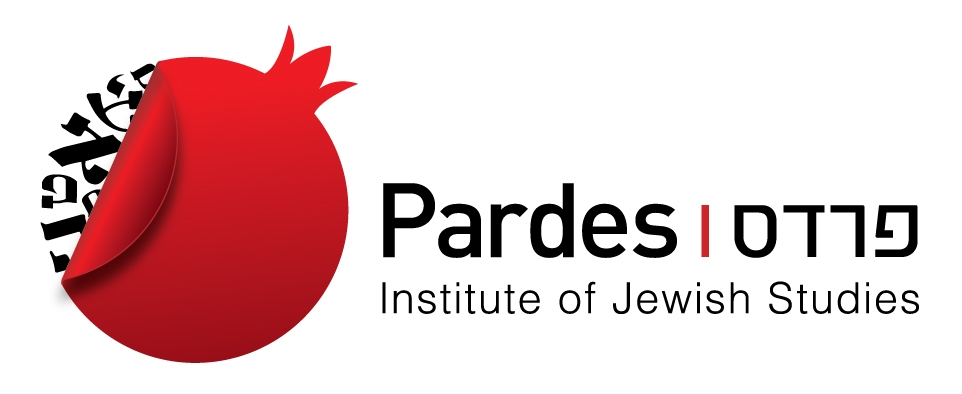Commentary on Parashat Nitzavim-Vayeilech, Deuteronomy 29:9-31:30
Questions
1. How old was Moses when he spoke to the people in this week’s parashah?
2. Moses said that he would not cross the Jordan. Whom did he say would cross first and whom second?
3. How could Moses tell the people to cross over into the land of their enemies without fear?
4. Moses wrote the law and gave it to the priests. What did he tell them to do with it?
With your help, My Jewish Learning can provide endless opportunities for learning, connection and discovery.
5. God told Moses that he was about to die; what did God predict would happen amongst the people and what would be His response?
6. What did God say would be the reason that the people would turn to other gods?
7. Moses predicted the people would soon be in rebellion. How did he conclude this?
Answers
1. Moses was 120 years old. (31:2)
2. Moses states that God would cross first and Joshua second. (31:3)
3. Moses knew that God would precede them and destroy the nations so that the Israelites could dispossess them. (31:4-5)
4. Moses told the priests to read the law before all of Israel every seventh year, during the holiday of Sukkot. (31:10)
5. God predicted that the people would go astray after the foreign gods of the land, forsake God, and break the covenant; God would then hide His face from them and all manners of evil would befall the people. (31:16)
6. After coming into the land flowing with milk and honey, the people would eat their fill, wax fat, and in their umbrage they would forget where it all came from. (31:20)
7. If they had been rebellious even while Moses was living, how much more so after his death. (31:27)
Provided by Pardes Institute for Jewish Studies.



